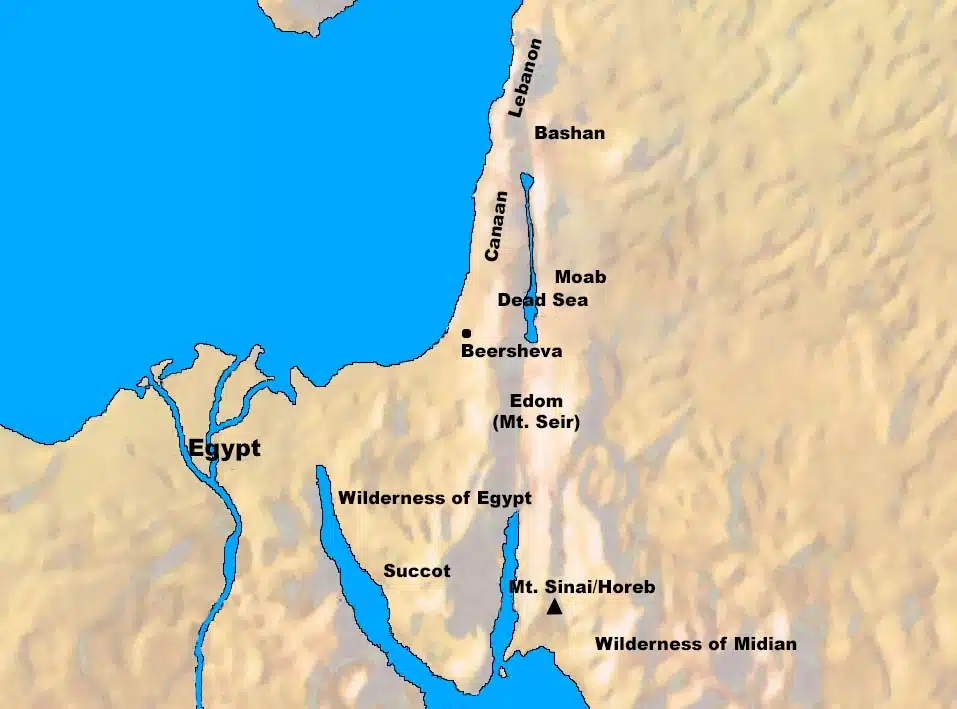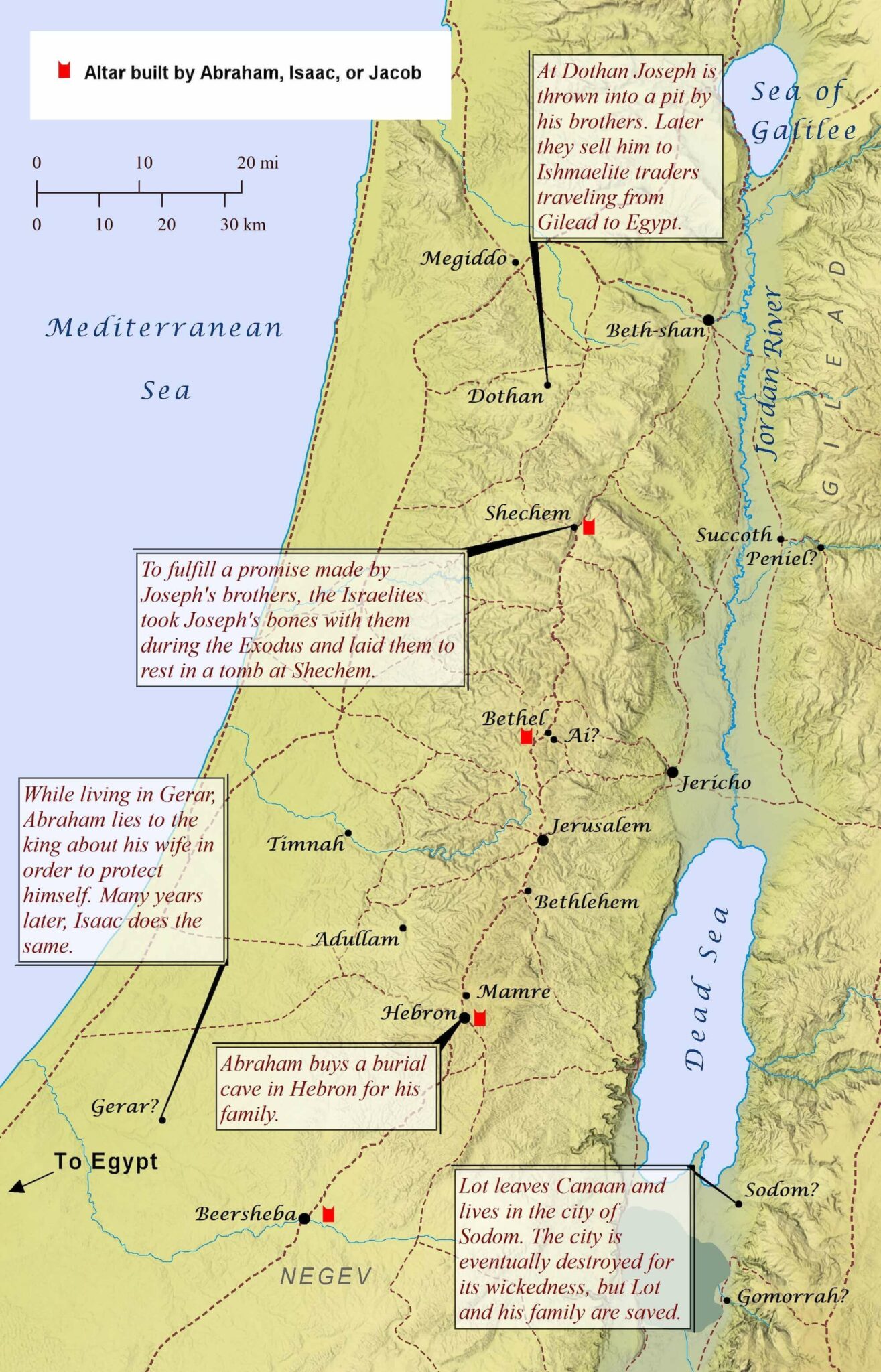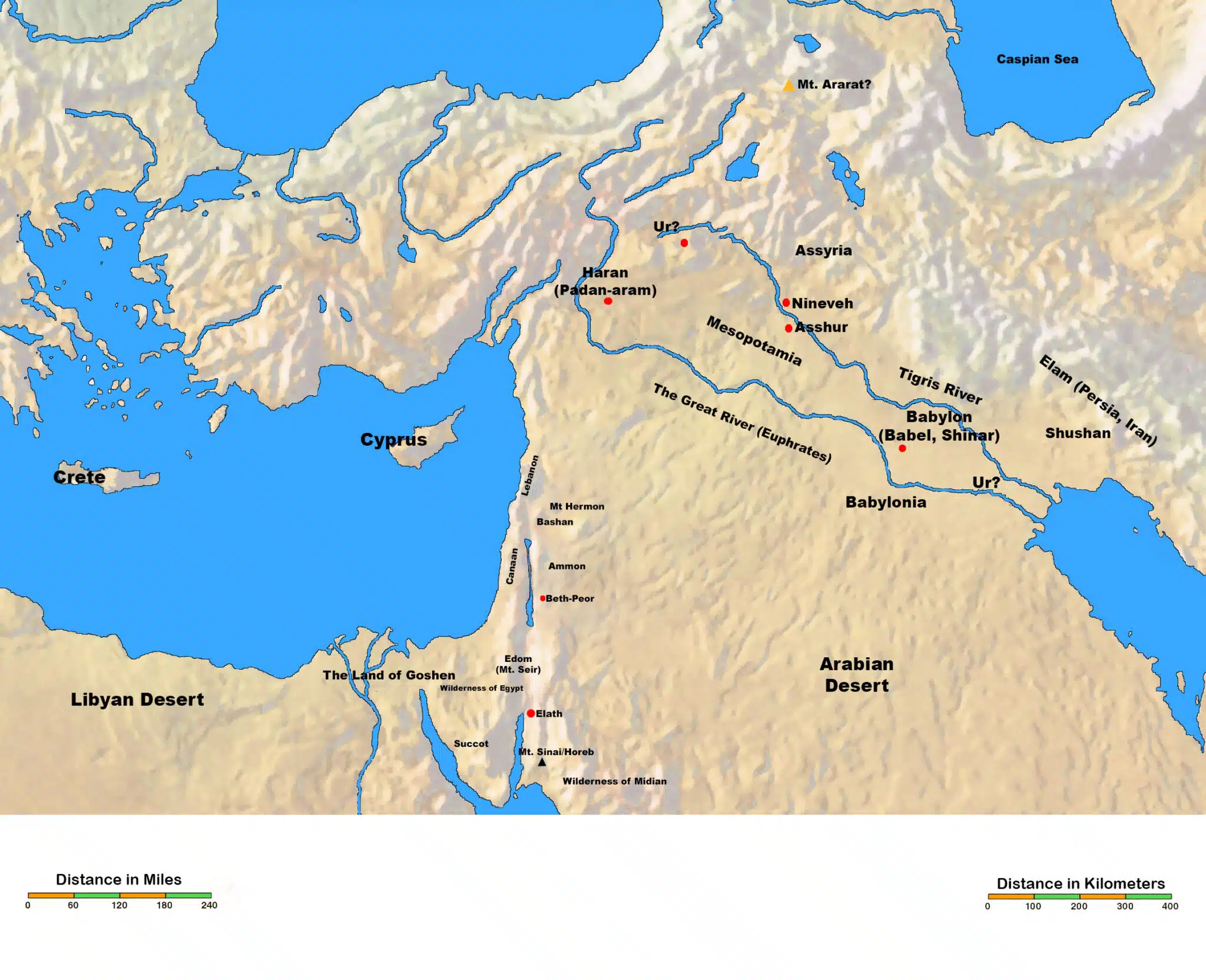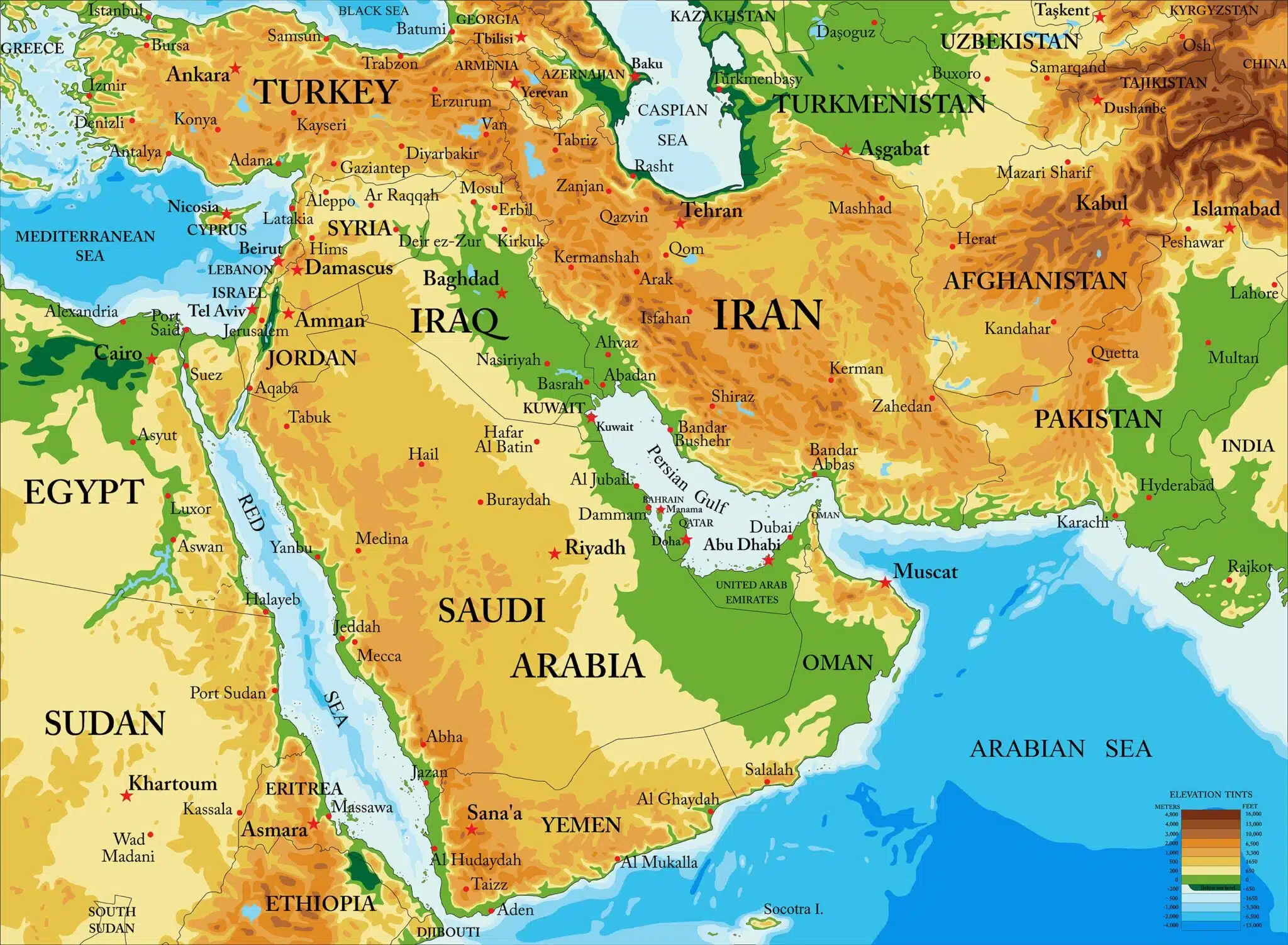Abraham bargains with God to spare them from judgement. if He will destroy the righteous with the wicked sinners. Then he proposes a question to God, if there are 50 righteous in the city, would God spare the city for their sake? God replies that He would spare the whole city if there are 50 righteous.
At this point, Abraham has spoken with God three times (Genesis 15:2,8, 17:17). Each time Abraham’s personal welfare was the subject of conversation. Now Abraham shows a concern for his neighbors, demonstrating the opposite attitude shown by Sodom. Abraham responds beyond his immediate personal interests. Abraham came near and said, “Will You indeed sweep away the righteous with the wicked?” Abraham became Sodom’s intercessor before God. Abraham’s concern is whether God would kill the innocent along with the guilty. By destroying Sodom, God might destroy some righteous people along with the wicked. This was the second time Abraham intervened for his relatives (Genesis 14:11-12, 14-16).
Abraham petitioned the Lord on behalf of Sodom (Hebrews 7:23-26). Abraham proposes that if there are fifty righteous within the city, this should exempt the whole city from destruction. Abraham asks God for His divine mercy which becomes a pattern for other intercessors (1 Samuel 7:5-9, 12:19-25; 2 Kings 4:33, 6:15-20; Exodus 32:11-13,31-34, 33:12-15; Numbers 12:11-13, 14:13-19). Abraham likely conducts this bargaining much as he bargained and traded in his business. Since Abraham was prosperous, we should not be surprised that Abraham was an excellent trader.
Abraham points out the injustice in slaying the righteous with the wicked, so that the righteous and the wicked are treated alike. Shall not the Judge of all the earth deal justly? The words judge and justice convey a legal sense that involves both condemning the guilty and acquitting the innocent (1 Kings 8:32; Psalm 146:7). Abraham saw a dilemma if the cities are destroyed, the innocent would suffer, and this was not the action of a just God. Abraham even states to the LORD Far be it from You to do such a thing, to slay the righteous with the wicked, so that the righteous and the wicked are treated alike. This statement demonstrates that Abraham clearly knows he is speaking with the LORD. It also shows that Abraham knows God’s character. It is fitting that Abraham was called the friend of God (James 2:23).
Interestingly, the entire city could be spared for the sake of an innocent minority. This is no longer a simple appeal of justice, but a call for God’s mercy. Abraham is a great bargainer. God tells Abraham He will spare the whole place on their account.
Biblical Text
23 Abraham came near and said, “Will You indeed sweep away the righteous with the wicked? 24 “Suppose there are fifty righteous within the city; will You indeed sweep it away and not spare the place for the sake of the fifty righteous who are in it? 25 “Far be it from You to do such a thing, to slay the righteous with the wicked, so that the righteous and the wicked are treated alike. Far be it from You! Shall not the Judge of all the earth deal justly?” 26 So the Lord said, “If I find in Sodom fifty righteous within the city, then I will spare the whole place on their account.”
Check out our other commentaries:
-
Amos 7:4-6 meaning
In his second vision, Amos sees an all-consuming fire that evaporates the waters of the deep sea. The prospects of this devouring fire prompt the...... -
Nahum 3:8-13 meaning
The prophet Nahum draws a lesson from Assyria’s history to predict the destruction of Nineveh....... -
1 Samuel 17:1-3 meaning
Israel sets their army in array against the Philistine enemy....... -
1 Samuel 8:1-3 meaning
In his old age, Samuel appoints his sons Joel and Abijah as judges, but they judge corruptly and take money to determine outcomes....... -
Joel 2:18-20 meaning
In response to Judah’s genuine repentance, the LORD will have mercy on them and restore their agricultural products, which the locust plague devoured. The text......






